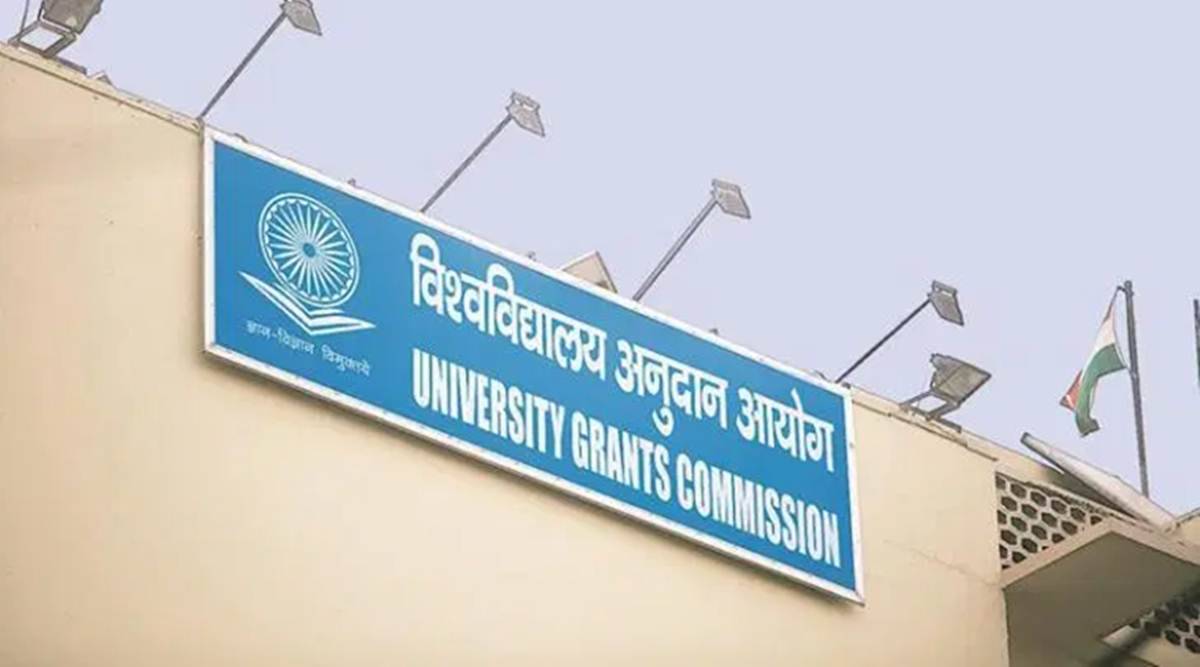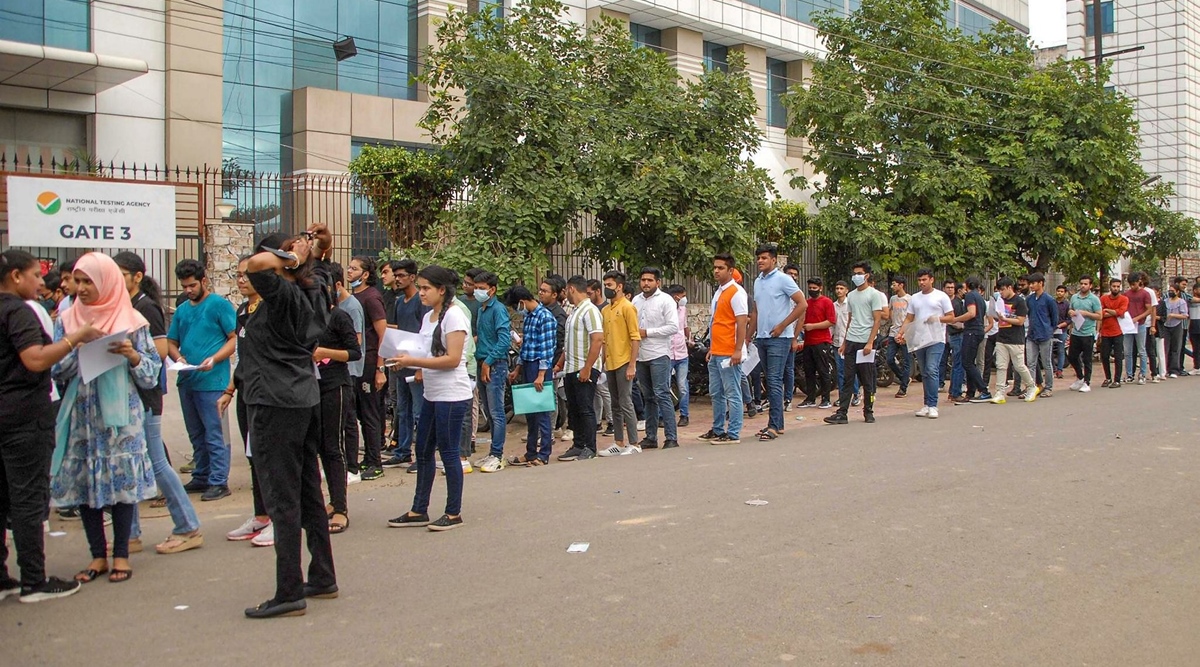THE PROPOSED Higher Education Commission of India (HECI), which will subsume the University Grants Commission (UGC) and All India Council for Technical Education (AICTE), is likely to have extensive penal powers, with the government considering to authorise it to impose fine of up to Rs 5 crore and also proceed against the heads of institutions found to have committed violations.
Currently, the UGC, which is the apex regulatory body on higher education (non-technical), can impose a maximum fine of Rs 1,000 for violations, including setting up of fake universities, under an Act which was drawn up in 1956, prompting demands for heftier penalties from time to time.
The proposed steep penalties are likely to be spelt out in the HECI Bill, which is being drafted by the Ministry of Education for tabling during the Winter Session of Parliament. It is also learnt that the Centre is likely to stipulate the presence of at least one state university vice-chancellor and two professors from the state higher education councils in the proposed 15-member body.
The other members, apart from the chairperson and the vice-chairperson, are likely to include a vice-chancellor of a central university, higher education secretary, finance secretary, a legal expert, and a reputed individual from the industry.
The move to mandate representation from the states in the commission marks a departure from the government’s previous attempt to establish the commission in 2018, when it had faced resistance from some states and a section of the academia who saw centralising tendencies in the exercise.
The 2018 draft Bill had no provision for representation from the states in the commission. It was also criticised over a clause which gave the Centre powers to remove the chairperson, vice-chairperson or any other member of the commission even on grounds of “moral turpitude”.
According to sources, the new Bill has retained that clause, but with the rider that removals can be effected only after an inquiry by a sitting Supreme Court Judge.
The Bill, added the sources, will have a dedicated section on offences, penalties and adjudication, which will lay out the fines depending on the nature of violations. If the violations are minor, the commission may issue notices and seek clarification. However, if the issues are not addressed, the violators may attract a penalty of minimum Rs 10 lakh.
For “intermediate contraventions”, there will be fines of minimum Rs 30 lakh, while for “grave contraventions”, penalties may extend to Rs 5 crore, with a jail term of up to five years.
Checks & balances
THE PROPOSAL to arm the proposed HECI, which will be the overarching regulator for higher education, with steep penal provisions comes at a time the UGC is grappling with the proliferation of “fake universities”. The tweaks, as compared to the previous attempt to set up HECI, appear aimed at allaying concerns of the states.
Also, for violations committed by any higher education institution, the proposal is to make the “executive head” of the institute liable unless they manage to prove otherwise.
The provisions in the Bill are being aligned with the National Education Policy, 2020, which had recommended that medical and legal education be kept out of the proposed HECI’s ambit under which general, technical, teacher, vocational and other professional education will come.
The commission will have four independent verticals — National Higher Education Regulatory Council, National Accreditation Council, Higher Education Grants Council and General Education Council, which will be headed by one president each.
Overall, the HECI will be entrusted with developing an integrated roadmap for the future of higher education in India and transforming existing higher education institutions into large multidisciplinary units and research universities.
The National Higher Education Regulatory Council shall, among other tasks, handle action against institutions that do not meet accreditation standards and violate other norms, monitor financial, administrative impropriety, and tackle grievances of stakeholders.
The National Accreditation Council will develop the process of accreditation. The Higher Education Grants Council will develop a transparent criteria for funding the higher educational institutions, take charge of grants, scholarships etc.
The previous draft Bill had run into a controversy by suggesting that grants would be handled by an “advisory council” under the Ministry of Education (then known as Ministry of Human Resources Development). The new draft is likely to recommend that financial assistance through grants be disbursed through a “merit-based and technology driven transparent system”, said an official on the condition of anonymity.
!function(f,b,e,v,n,t,s)
{if(f.fbq)return;n=f.fbq=function(){n.callMethod?
n.callMethod.apply(n,arguments):n.queue.push(arguments)};
if(!f._fbq)f._fbq=n;n.push=n;n.loaded=!0;n.version=’2.0′;
n.queue=[];t=b.createElement(e);t.async=!0;
t.src=v;s=b.getElementsByTagName(e)[0];
s.parentNode.insertBefore(t,s)}(window, document,’script’,
‘https://connect.facebook.net/en_US/fbevents.js’);
fbq(‘init’, ‘444470064056909’);
fbq(‘track’, ‘PageView’);






